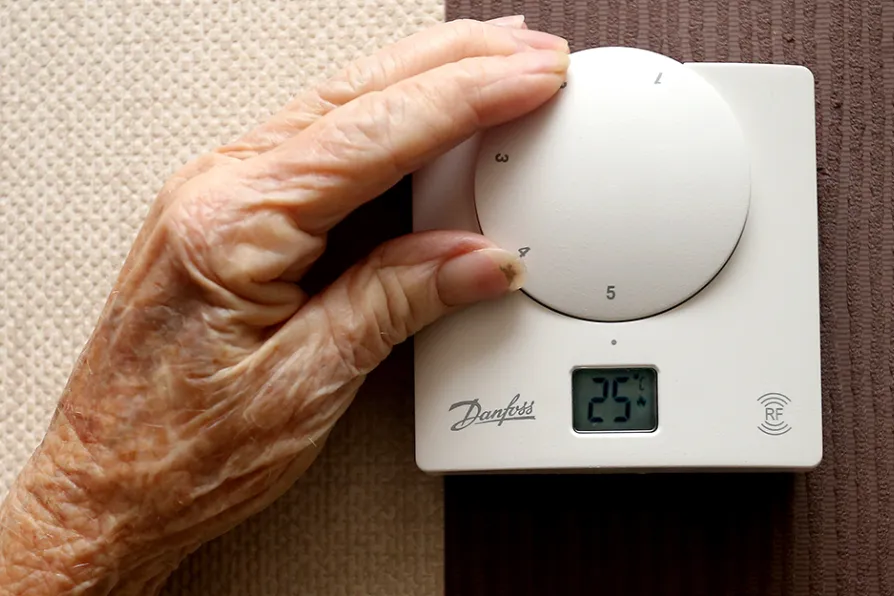

A CROSS-PARTY group of MPs has urged the government to implement a national strategy to tackle pensioner poverty.
In a new report, the work and pensions committee called on the government to ensure that the state pension provides the amount needed for a “minimum, dignified, socially acceptable standard of living.”
If the government does not effectively tackle poverty as one of the causes of ill-health, it will “not be able to achieve its goal of building a health and social care service that is sustainable,” it warned.
The committee underlined the importance of a pension credit take-up strategy, with uptake reaching only 66 per cent at most over the last decade.
It suggested that a tapered approach should also be considered, as pensioners just over certain thresholds can end up worse-off than those with slightly lower incomes.
The committee highlighted trends threatening to “undermine pension adequacy,” noting that while one in six pensioners have experienced relative poverty, this rises to one in three among those in the private rented sector.
The number of pensioners below the minimum needed for a socially acceptable standard of living has almost doubled to 2.8 million in the 15 years to 2023.
The inquiry heard from Christians Against Poverty, which shared a case of a woman left with just £10 a week after bills, despite working until 75.
Age UK’s Caroline Abrahams told the story of a woman in her eighties whose husband was dying: “She knows they do not have enough money to pay their fuel during the winter, but she is going to spend it now so that he does not die being cold.”
Welcoming the report, chief executive of Independent Age Joanna Elson said: “With millions of older people living in financial hardship, now is the time for action.
“Our own research highlights the importance of people having an adequate income in later life, particularly those reliant on just the state pension and social security system.
“Also essential is that everyone receives the financial entitlements they are eligible for, and that policies are in place to support people on a low income pay their rent and household bills.”
The report highlighted an 18-year gap in healthy life expectancy between poorer and wealthier areas. Increases to the state pension age disproportionately affect those in poorer areas, who receive the pension for a shorter period.
A government review on raising the state age is due in 2029. Currently it is 66, and will rise to 67 in 2028.
Jan Shortt from the National Pensioners Convention said: “Raising the state pension age is not an economically sound move.
“All it does in place older people in the universal credit merry-go-round with ageism still rife in employment circles.
“It creates a burden on health services as working longer has an adverse effect on everyone’s physical and mental wellbeing.”
The government said that it is reviving the Pension Commission “to tackle the barriers that stop too many people from saving.”










